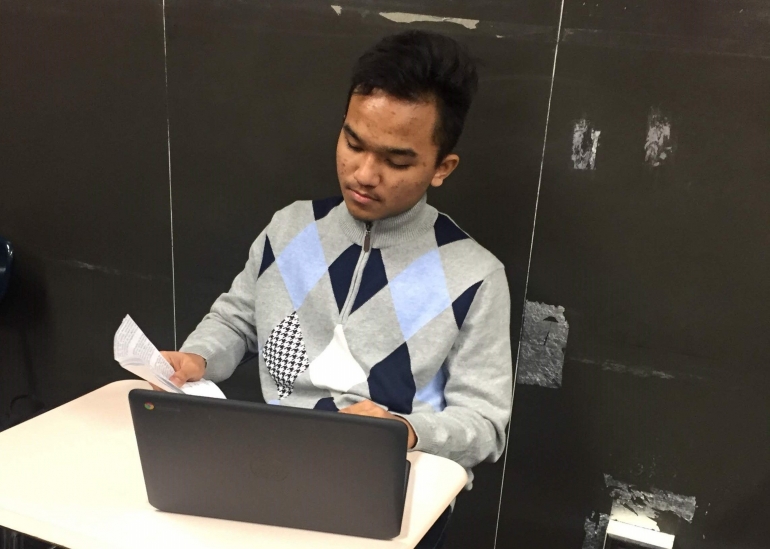What is self-care? Self-care is any activity or practice done deliberately to nurture your emotional, mental, and physical health. While self-care is rather broad topic, in this module we will highlight self-care techniques that support your ability to learn.
STRESS AND LEARNING
You might be wondering why at the beginning this book on learning with the topic of self-care and stress management. Stress can have a significant impact on learning, particularly on memory. While stress can improve attention and alertness and thus help with memory formation (encoding), too much stress can impair our cognitive function by negatively impacting our brain's ability to retrieve information or update existing information. Retrieval information is critical during exams of course, but is also important when we need to recall and put into action newly acquired skills. Our ability to update information is important when learning complex concepts that build or change over time. Learning to manage stress in turns helps our brain to learn.
A QUICK PAUSE TO BREATHE
Before we continue, let's pause here for a very basic technique to help you get grounded -- belly breathing, also referred to as diaphragmatic breathing. At any point you need to calm and refocus your thoughts and emotions, practicing this breathing exercise will help settle and centre you mind.
Make note of how you feel at this moment; jot down a few words. Practice the technique below a few times and then make a note of how you feel after. What differences are you noticing? Did you find this helpful?
Belly Breathing steps:
- Lay down or sit comfortably
- Put one hand on you belly just below your ribs and place your other hand on your chest.
- Take a deep breath in through your nostrils, letting your belly push your hand out. Try to do this without raising your chest.
- Breathe out through slightly parted lips, and feel your belly hand drop. Use your hand to gently push the air out.
- Repeat for 3 to 10 cycles, taking at least 10 second for each breath.
What other techniques do you use for managing stress?
THE ROLE OF MEMORY LEARNING
Learning and memory are two sides of the same coin. Learning refers to the process of acquiring new skill or knowledge. Memory is the expression of what you have learned. For example, consider the effort it takes for a child to learn how tie their shoe. They need to watch the movement and listen to instruction from someone who knows hot tie a shoe.
The child must also practice many times, going through each step, feeling the movement of the laces and coordinations of their fingers. This effort is learning. Eventually, the child can recall the steps without being shown or told, and finally tie their shoe quickly from memory.







